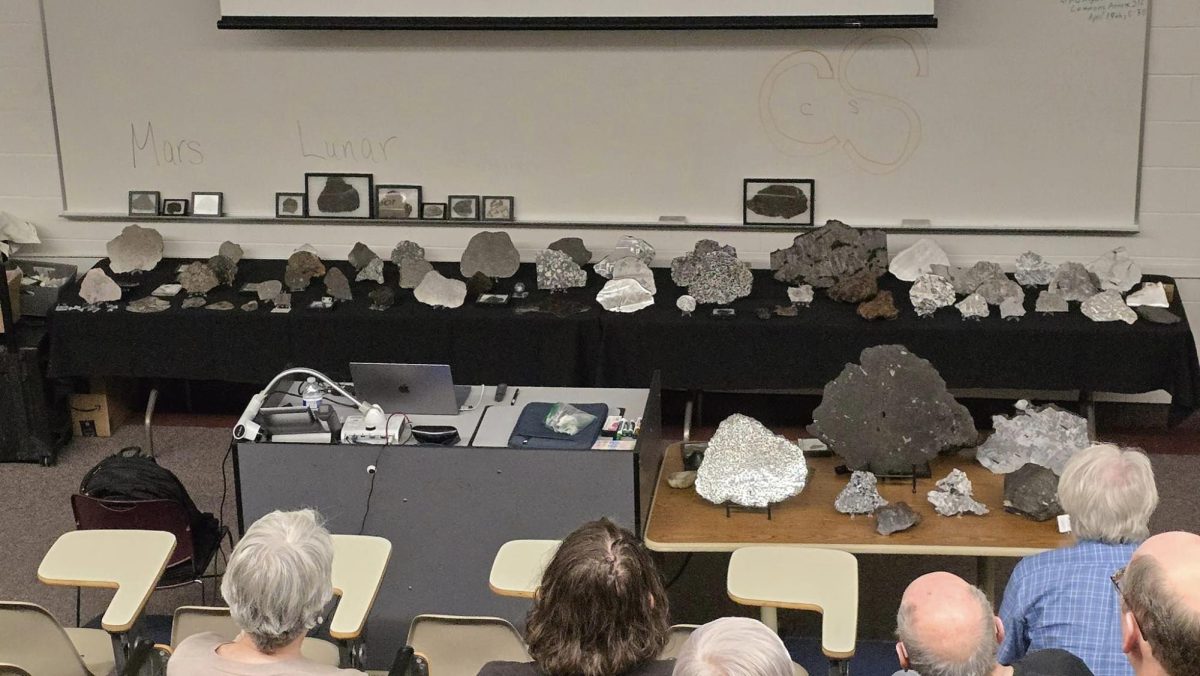When we picture an astronomer at work, we normally think of someone staying up at an observatory till the wee hours of the morning, gathering and analyzing data. However, there is one object that can only be seen during the day: the Sun. While it pains me to admit it, most things astronomers study is of little importance to everyday life. Not so with the Sun. Today I want to tell you about a particularly relevant aspect of the Sun’s activity, called solar wind.
Every second, the Sun sheds approximately a million tons of charged particles into the solar system, giving rise to the solar wind. These charged particles are thought to originate mainly from large gaps in the corona, the outermost layer of the Sun’s atmosphere. While the Earth’s magnetic field is usually enough to protect us from the solar wind, there are times when the flow of charged particles is much greater than normal. In the event of a coronal mass ejection, about 1012 kilograms of charged particles is rocketed out into space at speeds of hundreds of kilometers per second. If such an event is directed towards Earth, it can cause serious problems, like damaging satellites, harming astronauts and even interfering with electronics on Earth’s surface. There is actually an important field of study called space weather, which monitors activity on the Sun and makes predictions about how strong the solar wind will be.
This is only a brief overview of one aspect of solar activity. For a jaw-dropping video of the coronal mass ejection pictured above, go to http://svs.gsfc.nasa.gov/11095. I promise you will be glad you did. It also just so happens that Mercury will be transiting in front of the Sun on May 9 from early morning till 2:30 pm. Calvin’s observatory will be open for special hours to observe this amazing event. If you want to see other cool things in the sky, Calvin’s observatory is open Monday through Thursday from 15 minutes after sunset till 11 p.m. if it’s clear.






